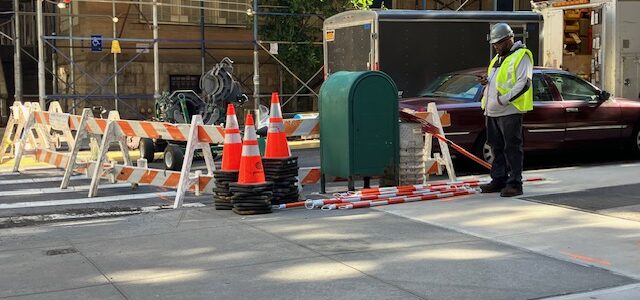
Insurance Companies Arsenal to Deny, Delay & Defeat Injury Claims
Insurance companies are in the business of “Risk Management.” If they can contain how much they might have to pay, then they get to keep most, or in some cases, all of the premiums they collected from a particular unsafe driver, company, family, and even the victims of a crash. In cases where the insurance company ends up having to pay a verdict, the judgment may be many years later, and the insurance company will still show a profit, as they had invested the money they collected from the premiums at the time the crash or other injury-producing event occurred. That is why insurance adjusters and defense lawyers play the game of, “Deny, Delay & Defeat.”

One example of insurance company strategies is when Worker’s Compensation Insurance Companies hire Nurse Case Managers to get treating doctors to release an injured employee back to work faster than prescribed. Doctors are frequently under pressure from these nurses and the insurance companies that pay their medical practice bills.
Insurance companies are very good at delaying bills, denying treatment, auditing, and interfering with reasonable/related medical care.
The Abrams Landau team has also seen another disturbing trend where employers seek to have an injured worker do activities that exceed their treating doctors’ prescribed restrictions. For example, an employee may be released to: lift no more than 10 pounds, do no overhead reaching, and take breaks every hour. If the boss asks them to lift more than 20 pounds, grab things on high shelves, and not allow the worker to go on break, that would go against the doctor’s protocols. At Abrams Landau, our team investigates and asks the medical team for guidance on what the patient can do “to comply with medical treatment.” Surveillance films of the injured worker doing things in excess of their doctors’ restrictions can lead to benefits being cut off.
This is also an avenue that insurance companies use to cut off benefits to otherwise deserving, innocent claims. Other times, an employer may demand that the injured worker do more than the doctor’s release, or risk losing their job.
This is shortsighted because if the injured worker goes back off work, they may be entitled to a full compensation check, instead of a Temporary Partial Disability (TPD) check, which is usually less money than a full Temporary Total Disability (TTD) check.
Another reason that it employer may push the injured worker to do more, is to get them to quit. If a worker quits a job, then they may not be eligible for any more weekly wage loss compensation. This is because the Virginia Workers’ Compensation Commission might look at them as though they have “voluntarily” removed themselves from the labor market. Voluntary removal can lead to weekly checks getting stopped, despite an Award.
So, what can an injured worker do?

They can follow their doctor’s instructions. If a task that is being asked of them exceeds the restrictions or limitations, their first call should not be to their lawyer, but to the doctor to record this issue. The doctor may reiterate the restrictions so the employee has “cover” if they decline to do the task. Furthermore, the doctor may indicate that doing so would increase the injury, and lead to a reversal of the surgery. This would undo the good medical care that has already been done for this injured patient.
If you, or someone you know, has questions about a permanent injury and significant restrictions from your doctor, or you are unsure as to your legal rights, please contact us at (703) 796–9055 or email frontdesk@landaulawshop.com.
